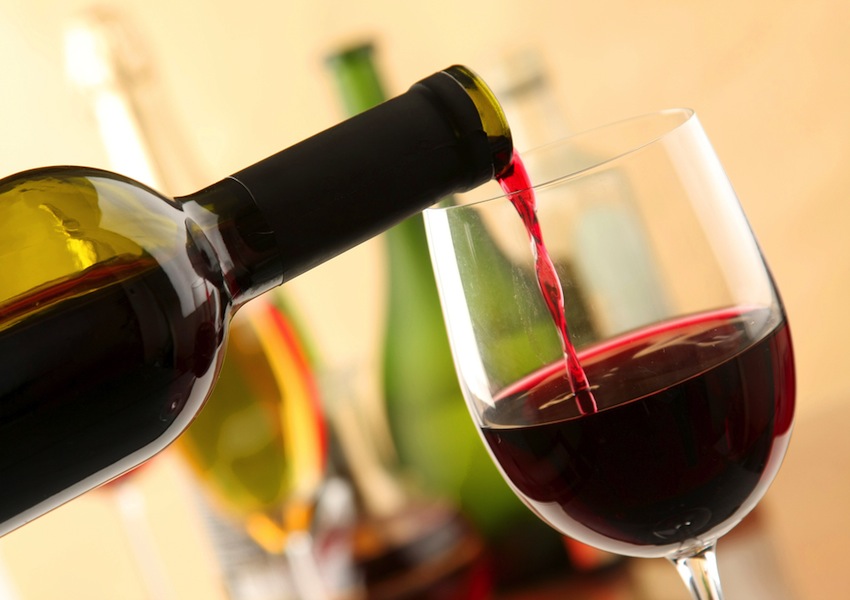Boston Could Soon Have More Control Over the Liquor License Cap

Wine photo via Shutterstock.com
City Councilor Ayanna Pressley has been working for more than two years to try and pass legislation that would put the control on the number of liquor licenses in the city back into the hands of the Boston Licensing Board, rather than the state. And after tapping into neighborhood businesses and the constituency, her efforts are gaining momentum.
On Wednesday, the Council voted 12-1 in favor of a home rule petition for a Special Law regarding the “Return of Authority of the Liquor License Process” to the city, which was originally filed by Pressley in June. Councilor Bill Linehan was the only member who voted against the proposal.
The home rule petition still needs to be signed off by the mayor and then passed by the State Legislature before it goes into effect. But the passage of the proposal by the Council helps clear the first major hurdle toward enacting change.
“I took this issue on two years ago because it is an issue that impacts every neighborhood in our city,” Pressley said in a statement. “It’s time for Boston to have control over how to economically revitalize our neighborhoods.”
The bill does not support an increase in the number of licenses that could be made available for package or liquor stores; instead, it essentially means more wine and beer licenses could open up for restaurants citywide—especially in neighborhoods where there’s a drought of licenses—at the discretion of the Licensing Board. Back in June, when Pressley first filed the proposal, she told Boston that, because of the cap on the number of licenses in the city, it can be expensive for business owners trying to open a new restaurant or keep up with neighborhoods like the North End where there’s proportionally an over-abundance of restaurants that serve alcohol.
Presently, the cap on licenses for cities and towns in Massachusetts is regulated by state law. In Boston, it’s capped at 650 full liquor licenses and 320 wine and malt beverage licenses, and securing a license can cost hundreds of thousands of dollars. The result is that some neighborhoods are over-saturated with licenses, while others—such as “communities of color,” according to Pressley—barely have any.
“The unnecessarily high cost of doing business makes it difficult for entrepreneurs—particularly small [and] local, minority, and women-owned business enterprises—to bring innovation to the cultural, arts, and culinary arenas,” Pressley said. “It unduly burdens entrepreneurs who wish to open small neighborhood establishments, who in some estimates rely on alcohol sales for up to a quarter of their revenue.”
Pressley’s proposal, which incorporates feedback from the Licensing Board and business owners around the city, would lift the state cap, and let Boston decide how many licenses should be granted. If passed by the Legislature, licenses issued after the passage of the home rule petition will be tied to the business entity, rather than the physical location, and will be restricted, meaning a license must be returned to the city if the restaurant goes out of business. The proposal also states that the mayor will have the ultimate authority to appoint members of the Licensing Board, and the board would expand from three to five members.
“The Licensing Board must consider public need and business models that fit the character and aesthetic quality of the neighborhood before issuing licenses,” according to the wording in the bill. “The Licensing Board is required to make distribution of licenses a priority in Main Street districts, urban renewal areas, empowerment zones and municipal harbor plan areas.”
Those who already hold liquor licenses in Boston would be grandfathered in, following passage of the legislation, and “will retain the ability to sell that license as they see fit.”

